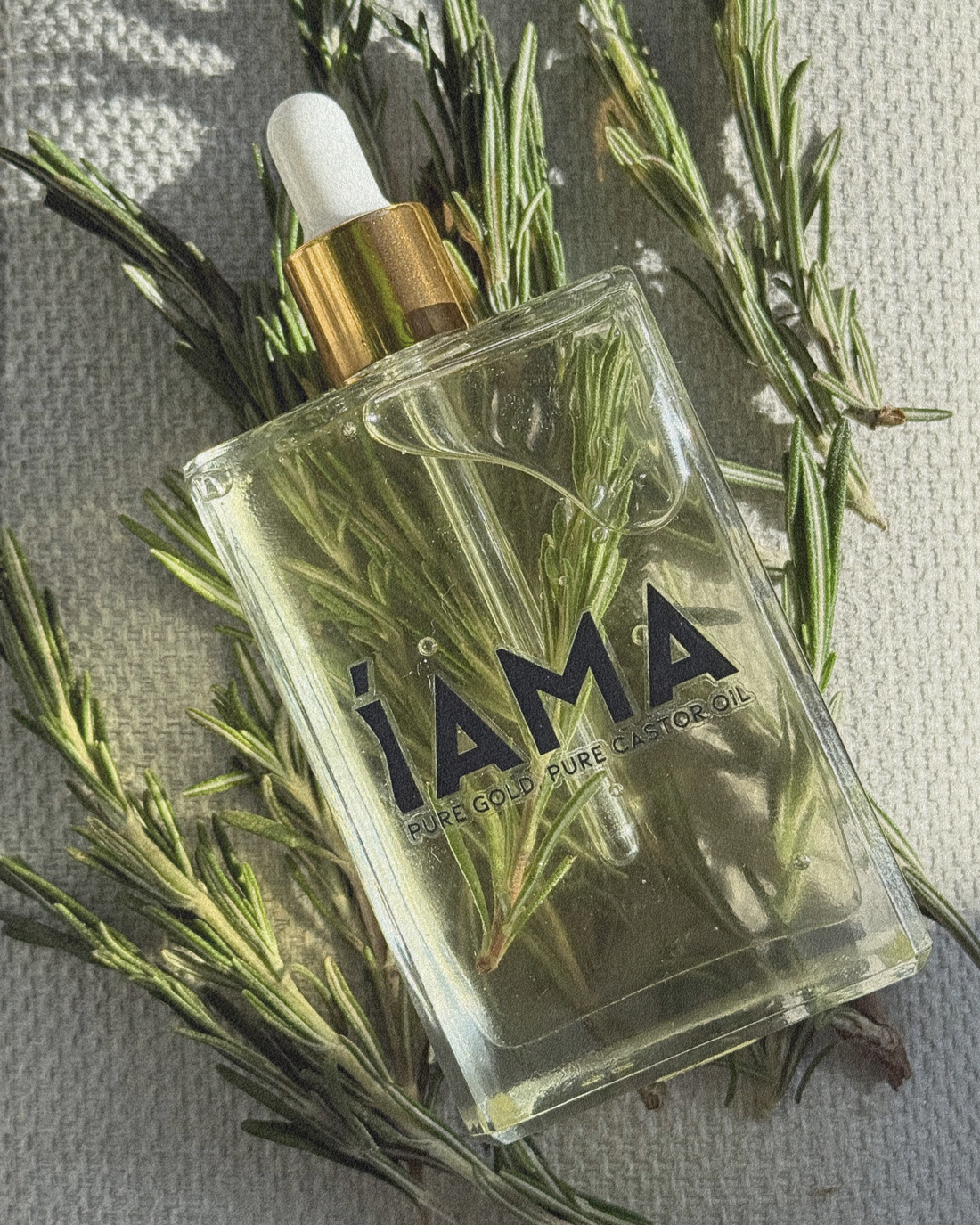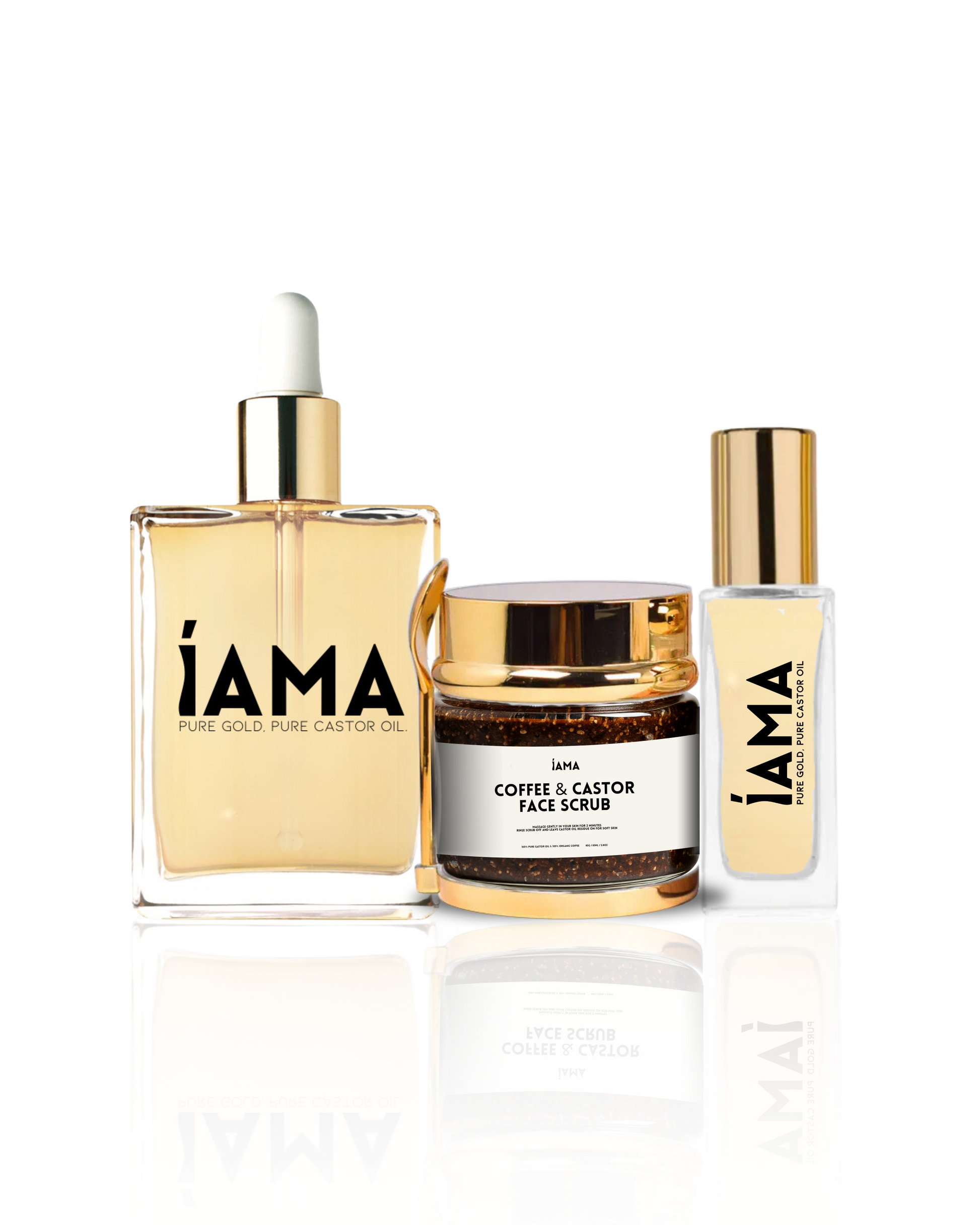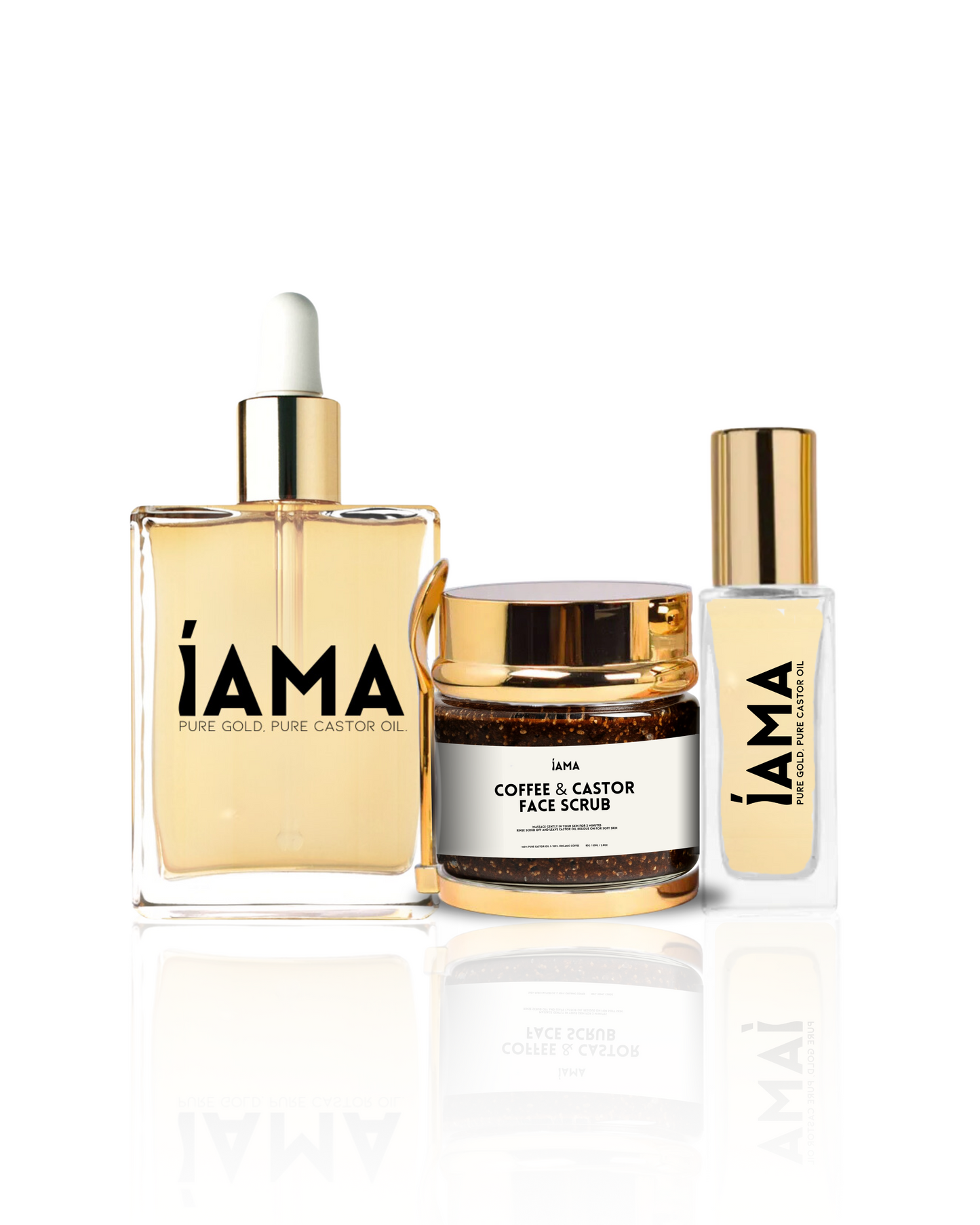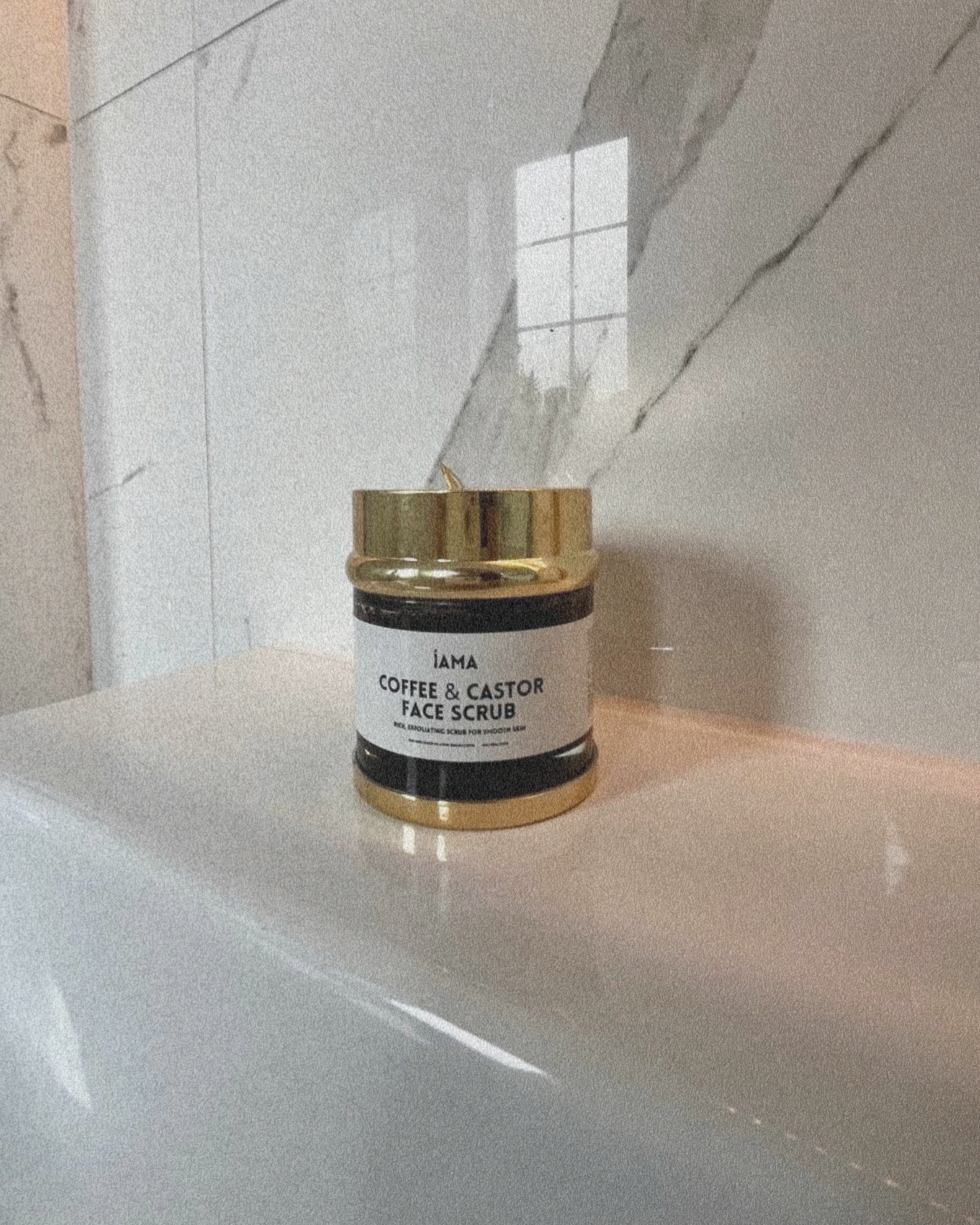Castor oil is a natural vegetable oil extracted from the seeds of the castor bean plant (Ricinus communis). Its unique chemical composition largely determines its stability and shelf life. The main component of castor oil is ricinoleic acid, a fatty acid that makes up about 90% of the oil. This high concentration of ricinoleic acid gives castor oil its thick texture and contributes to its natural resistance to oxidation compared to many other oils.
Oxidation is the primary process that causes oils to go rancid. When oils are exposed to air, heat, or light, their fatty acids react with oxygen, breaking down and producing unpleasant odors, off-flavors, and potentially harmful compounds. While castor oil’s high ricinoleic acid content slows this process, it doesn’t stop it entirely. Over time, especially if stored improperly, castor oil will oxidize and degrade, leading to a change in smell, color, and texture.
Additionally, impurities or contamination (like introducing bacteria or moisture) can accelerate spoilage. That’s why it’s important to store castor oil in a cool, dark place, in a tightly sealed container, preferably made of dark glass to protect it from light.
Typically, unopened castor oil can last between 1 to 2 years when stored properly. Once opened, it’s best to use it within 6 to 12 months for optimal freshness. The shelf life depends on factors like storage conditions, exposure to light, heat, and air. Castor oil is relatively stable compared to other oils due to its high ricinoleic acid content, which gives it natural preservative properties. However, it’s still important to store it in a cool, dark place and keep the bottle tightly sealed.
Use Our Castor Oil Plant-Based Infusions Within One Month for Best Results
 Our organic castor oil plant-based infusions, like the rose and rosemary varieties, are crafted using fresh, natural ingredients to give you the most vibrant and effective experience.
Our organic castor oil plant-based infusions, like the rose and rosemary varieties, are crafted using fresh, natural ingredients to give you the most vibrant and effective experience.
Because these infusions contain delicate botanicals and essential oils straight from nature, they don’t have the same long shelf life as pure oils.
To ensure you enjoy their full potency, fragrance, and skin-loving benefits, we recommend using them within one month of opening.
Using them fresh means you’re getting the maximum nourishment and therapeutic properties these plants offer—whether it’s the soothing, calming essence of rose or the invigorating, revitalizing power of rosemary.
After a month, the freshness and effectiveness can start to fade, so for the best results, treat yourself to a fresh bottle regularly!
What Causes Castor Oil to Spoil More Quickly?

-
Light Exposure: Sunlight’s UV rays can mess with castor oil’s molecular structure, causing it to break down quicker—especially if it’s in a plastic bottle.
-
Air Exposure: Every time you open the bottle, oxygen starts a slow process called oxidation, breaking down the oil’s fatty acids and eventually making it go rancid.
-
Warm Temperatures: Heat is castor oil’s enemy. Storing it near a stove, heater, or in direct sunlight can seriously shorten its lifespan. Aim for a cool, dark spot—especially if you live somewhere warm.
-
Purity and Processing: The way castor oil is made matters. Cold-pressed oils, like the ones from iAMA, keep more natural antioxidants that help protect the oil longer. Refined oils, on the other hand, lose some of these protective compounds and don’t last as long.
How Can You Tell If Your Castor Oil Has Expired?
Wondering if your castor oil has gone bad? You can usually tell by checking its smell, texture, and color. If it starts to smell rancid or off—kind of sour or unpleasant—that’s a big red flag. Also, if the oil feels sticky, thickened, or looks cloudy instead of clear and smooth, it might be past its prime.
Fresh castor oil should have a mild, almost neutral scent and a smooth texture.
Trust your senses—if something feels off, it’s better to replace it to keep your skin and body happy and safe.
-
It Smells Off: Fresh castor oil has a mild, earthy scent. If your oil smells sour, musty, or unusually strong, it’s a sign it’s gone rancid.
-
The Color Changes: Castor oil is usually pale yellow. If it darkens or looks cloudy, it’s breaking down.
-
The Texture Feels Different: Castor oil should be thick and smooth. If it’s clumpy or separates into layers, it’s time to toss it.
-
It Irritates Your Skin: If you notice redness, itching, or irritation after applying castor oil—even if you’ve used it before without issue—your oil might have gone bad.
Tips to Help Your Castor Oil Last Longer

-
Store It Cool and Dark: Keep your castor oil in a cupboard or pantry away from heat and sunlight. Ideally, it should be between 50-70°F (10-21°C).
-
Choose Glass Over Plastic: Glass bottles protect the oil better because they don’t react with the contents like plastic can. Plus, plastic can leach chemicals over time. (Want to know why glass is best? Check out our blog post here!)
-
Seal It Tight: After each use, make sure the bottle is closed tightly to keep air out and slow down oxidation.







